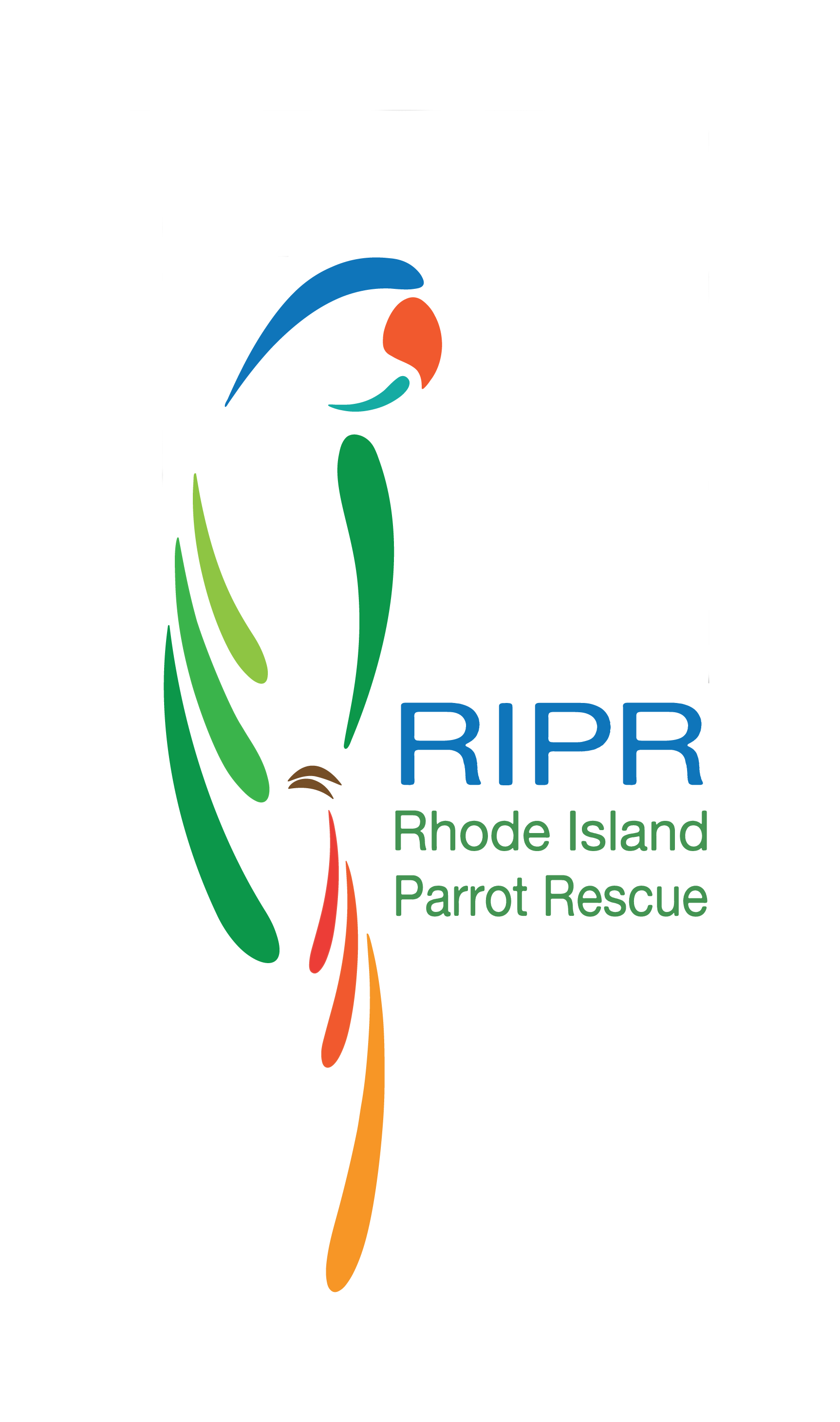The Root of "Bad" Behavior
Let’s talk about something we hear all too often: “I want a baby parrot so it won’t have any of the issues I see in all the parrots at the rescue.”
Our answer to that (besides the obvious: “just because it’s a rescue doesn’t mean it has issues”) is: What do you think these rescue parrots once started out as? They didn’t pop into existence as an adult parrot who plucks, bites, and screams!
Then we ask, HOW do you think these parrots developed their “issues?”
The root of many emotional issues such as over bonding, obsessive hormonal behavior, and separation anxiety is… Are you ready? Hand raising the parrot. Yup. When you hand raise a parrot, you are setting them on the path to failure once they hit sexual maturity.
And although many people THINK they want that super lovey, cuddly velcro bird, the novelty wears off when you have a parrot who screams at over 100 decibels when you leave the room. Or when the parrot repeatedly attacks your spouse or 2-year-old child. Or when your parrot starts ripping all their own feathers out.
Hand-raising baby parrots leads to an emotionally stressed parrot who develops all the “issues” you don’t want from one of those used-up rescue parrots.
As UK behaviorist Greg Glendell states:
“The process of hand-rearing has adverse effects on the behaviour of African grey parrots when they mature (Schmid, Doherr and Steiger 2005)… [T]he hand-rearing, or what we might more accurately call parental deprivation, sets in place a behavioural time-bomb with a 2- to 5-year delay in behavioural problems. Indeed, according to Schmid, et al. the maladaptive behaviours of hand-reared birds appears to be largely in proportion to the amount of parental deprivation they have experienced. Where birds are part-parent raised (not removed from the nest until at least 8 weeks old) they suffer fewer behavioural problems as adults than those which have been solely hand-reared from the day of hatching. In addition to adverse behavioural issues caused by hand-rearing, there can be adverse physical effects including osteodystrophy (Harcourt-Brown, 2003, 2004).”
Even if you buy a baby parrot, chances are, it will grow up to have “behavioral issues” simply because of being hand raised and then placed in a human home.
Parrots are extremely complex creatures. They are wild animals trying their best to adapt to an entirely inadequate environment (our homes). We have taken an animal hard wired to live in a large flock, have lifelong relationships with one another, reproduce, fly, and forage for food… And stuck them in a cage in our living room, often alone.
There is a lot working against a captive parrot, young or old.
So, no, buying a baby parrot will not guarantee you “a perfect parrot.” The idea of a baby parrot being a clean slate is a myth. The Perfect Parrot doesn’t exist. You are bringing home a complicated, intelligent, completely wild animal for whom you will need to alter your lifestyle. All parrots, whether a baby or adult, will need a person who understands a parrot’s natural behavior and instincts. Every parrot needs to be trained, fed, and housed properly for the entirety of its long, long life.
There are too many homeless parrots who need you. Adopt, don’t shop.
Copyrighted. Blog posts may be used as guidelines for the proper care of your parrot. Not intended for medical or legal advice. Please consult with a licensed avian veterinarian regarding the medical care and wellbeing of your exotic pets.
